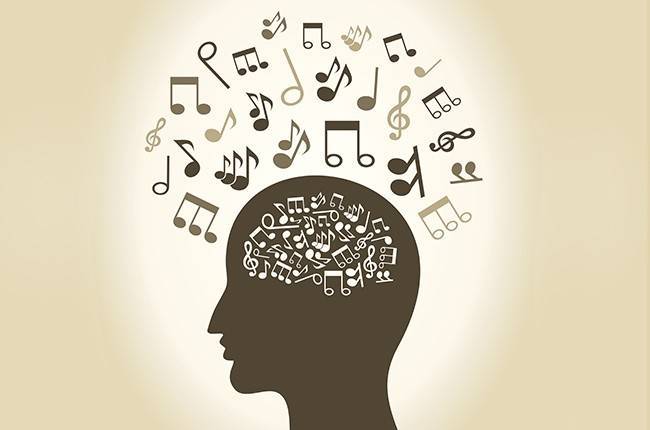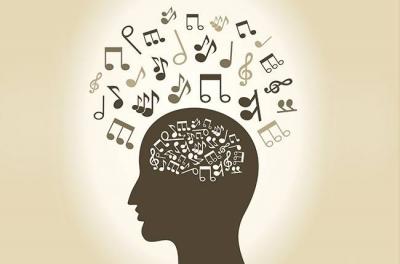Musicians have highly interconnected brains compared to non-musicians. It has long been believed that children who learn to play a musical instrument tend to perform better academically. A new study provides insight into this musical connection.
Researchers from the University of Zurich state that musicians possess a more interconnected brain structure than those who do not play musical instruments. Their findings reveal that individuals who started playing an instrument at a younger age, like Mozart, have stronger brain connections than those who took up instruments later in life. This discovery illustrates how people can shape and strengthen their minds or enhance their children’s cognitive abilities.
According to the researchers, whether individuals play the piano, clarinet, or trumpet, musicians exhibit stronger structural and functional brain connections compared to non-musicians. This applies to everyone, regardless of whether they have innate talent for playing music.
Researchers (Simon Leipold, Karina Klein, and Lutz Jancke) stated in a release about the study: "Years of musical training can shape the brain in fascinating ways." While a minority of musicians, such as Mozart and Michael Jackson, may have very high intelligence quotients and the ability to identify pitch without reference notes, the impact of this capacity on the brain and its function remains unclear.
They continued: "In fact, musicians who began their training at a younger age demonstrated stronger structural brain connections than those who started later in life. These results show how experience, exercises, and musical practice shape brain form and connections, especially early in life, and how enhanced musical skills are represented in our brains structurally."
In the largest sample to date, Dr. Leipold and his team compared the brains of professional musicians with those of non-musicians. They found that some musicians had perfect pitch, indicating a rare ability to identify a specific musical tone without reference tones, whereas non-musicians did not possess this ability.
As the researchers wrote in the journal Jnreurosci: "Both musician groups showed remarkably similar brain networks across all analyses. Our results indicated that long-term musical training is associated with extensive strong changes in brain networks. When compared to non-musicians, we found that both types of musicians exhibited stronger functional brain connectivity and synchronized activity in brain regions, particularly in the auditory areas of the cerebral hemispheres. Additionally, musicians had stronger brain connections in white matter between auditory regions and lobes involved in various high-level mental processing tasks."




